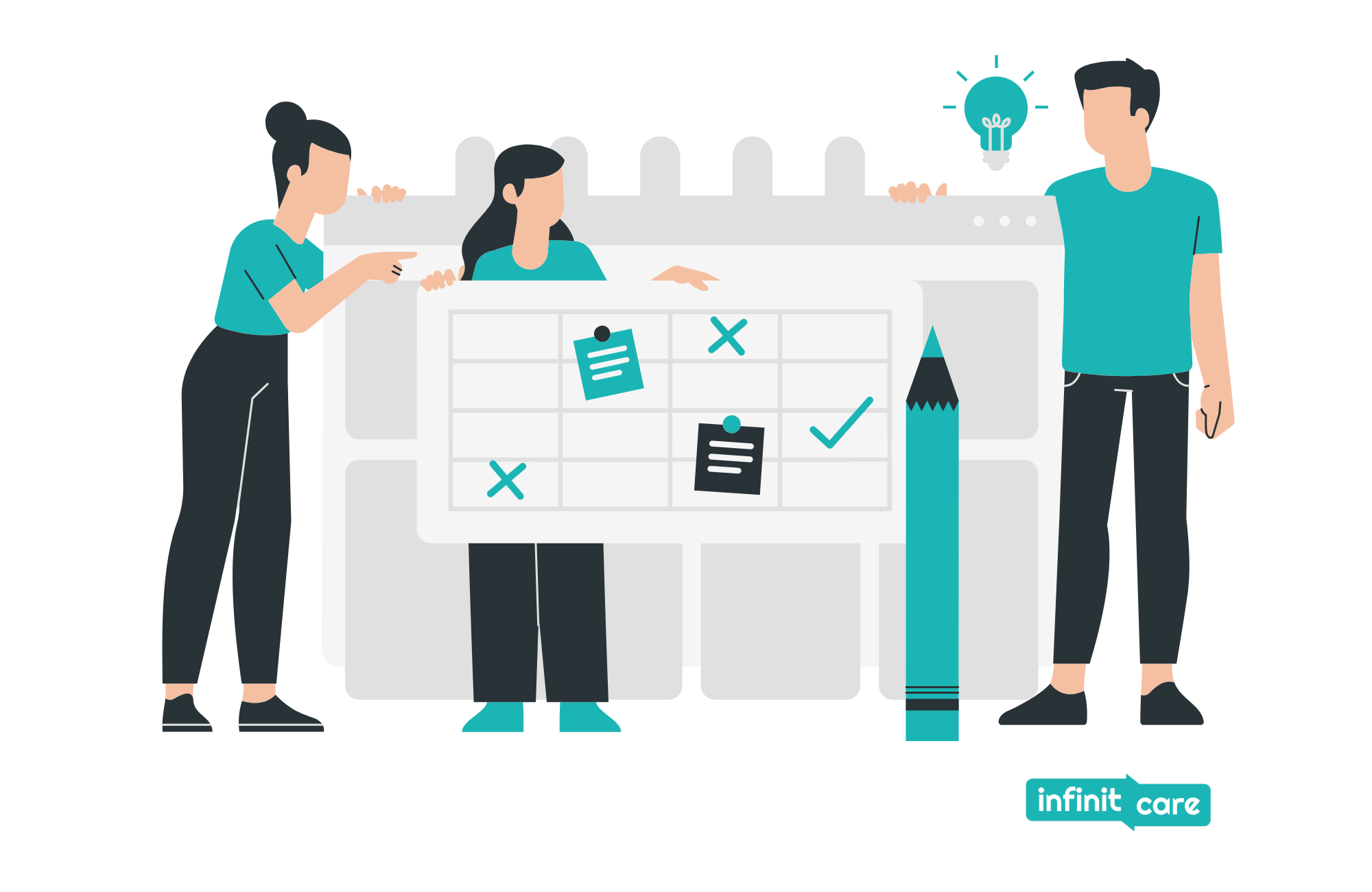How Working From Home and Covid-19 Contribute to Rising Mental Health Issues Among Employees

Remote work has been around for a good number of years now, and while more and more companies are adopting it, a lot of organizations have never even considered it until recently. As the whole world reels from the disruption brought about by COVID-19, the business landscape is experiencing an upheaval it never even saw coming. This pandemic has certainly upended our ways of working at a large scale and with no definite end in sight, as we speak.
For industries and businesses that are fortunate enough to remain viable, they have moved their workforce to the work from home arrangement. It would be good to note at this point that remote work and work from home have similarities, however, the former still allowed for some semblance of freedom while the latter requires sticking to the confines of your home. This is due to the fact that this pandemic brought with it things like the need for social distancing, lesser mobility, and quarantines. Indeed, work from home presented itself as the only safe and practical option as the coronavirus rages on. Some challenges have emerged due to working from home, and they tie into the rising mental health issues of employees.
Here are some reasons why this is happening:
1. There is no delineation between one’s work and personal life
A lot of employees feel that ever since they have started working from home, work has encroached into their personal space. And we’re not just talking about the spatial aspect of where we live. For most people who have had no experience working remotely, working in the same physical space where you sleep, spend time with your family, and where you supposedly “kick off your shoes and put up your feet at the end of every workday”, they feel that a boundary has been crossed.
Because they will mostly feel like they have been exposed and are therefore losing control, they will feel anxious and scrutinized. And this will affect how they work, how they interact with their colleagues, and how they communicate.
2. There are just so many distractions
Once the novelty of working from home wears off, the distractions become more evident. There will be interruptions left and right on top of other adjustments ranging from household chores that need to be taken care of, home relationship dynamics that need to shift, and even new schedules and ways of working that need to be figured out. With all of these changes, it’s expected that employees can feel overwhelmed and stretched too thin.
3. It’s just really difficult to focus
Because of the ways COVID-19 needs to be contained, the decision to move the workforce to a work from home setup had to be done urgently and abruptly. There was no time to set the right expectations with the employees nor give them ample time to prepare. And even if there were, as with anything, there is a learning curve and employees will not be able to right away identify a method that works for them given the new situation. They have had to navigate this new way of working with factors that used to not overlap with their professional life. They had to and may still be determining what works for them now that they work from home. To add to this, they surely are already restless, worried and anxious about the coronavirus and they are concerned about their health and safety, those of their family’s and friends’, among other things that they are preoccupied with
4. Working from home can make employees feel detached and isolated
While working out of an office, you would find some employees who will prefer working on their own, but just the fact that they work with colleagues physically present around them, their social interactions are still at play. They participate in face-to-face meetings, have water cooler conversations, and go out to lunch with friends. Working from home, however, is devoid of all these. And that can really make a person feel lost, out-of-sorts and isolated. Because human beings are social creatures, no matter how much of an introvert you are, or how much you enjoy solitude, feeling lonely and alienated can gradually creep up on you.
5. There is such a thing as technology fatigue
Work from home is possible because of technology, however, it certainly is a double-edged sword. You need your devices to stay connected and be productive but at the same time, they can make you feel stressed and exhausted.
Because employees are now working from the comfort of their own homes, this does not necessarily mean this is comfortable for them. Companies must realize that employees who work from home need support, perhaps even more than on-site employees, especially now that the world is battling a pandemic. How can companies help employees navigate the challenges of working from home?
It’s clear that when employees grapple with stress, anxiety, uncertainty, worry, and loss of control, it takes a toll on their mental health. Companies should be able to help them deal with this. Where do they start?
Companies have really begun to embrace online mental health services like Infinit Care. Infinit Care’s roster of services includes the provision of mental health services for employees easily accessible via an online platform, as well as telecounseling. With online counseling, employees are able to consult with mental health professionals and advocates, and it’s as easy as making a simple booking on the app. They will benefit from these experts who have years of experience, skill, and mastery under their belts. To add to that, employees can also attend mental health webinars and workshops to help equip them in nurturing and safeguarding their mental well-being. For larger companies, Infinit Care can even set up a dedicated mental health crisis helpline to ensure everyone is supported in the best way possible.
In light of the coronavirus, companies shouldn’t just look after the physical health of their workforce. They must take a holistic approach. A lot of workplaces are really beginning to understand that they must take proactive and pragmatic steps in promoting the overall well-being of their employees and to do this, they must look beyond just their physical health. It’s no secret that companies who do so reap the rewards of healthy, resilient, emotionally agile, and productive employees.


